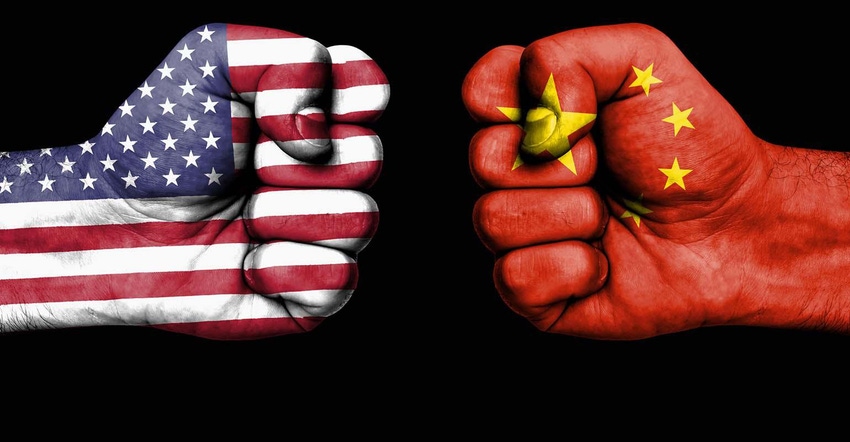
U.S. vs China. Understanding the complex fiscal, monetary, trade and national security policies defining the rules governing the U.S. and Chinese relationship is more than a little challenging. But without a basic understanding of our relationship with China one is at a loss to understand how these two global superpowers are affecting global currency, bond, equity and commodity markets and the world’s social, political and military fabric.
Chinese global supremacy goals
China’s leadership has well defined goals and a detailed plan for success. China has accomplished much in the way of achieving economic, social, political and military goals over the past three decades and without immediate significant intervention by the United States over the next three decades, China will accomplish many of those global goals.
Key Chinese global goals include achieving:
Global economic giant. Growing their economy into the largest economic engine in the world and, by one measure, Gross Domestic Product (GDP) or the total value of goods produced, and services provided in a country during one year, this has or is nearly accomplished.
Global technological supremacy. Any country or company that has or achieves technological supremacy commands a huge advantage over their competition and if maintained can exert their will on all competitors. China contends this objective is achievable within six years or by 2025.
Global financial supremacy. One advantage of achieving sufficient global economic dominance and technological supremacy is that the coveted goal of global financial leadership becomes obtainable. China sees a reasonable time frame of achieving this objective by 2035.
Global military supremacy. Once technological supremacy is secured, China’s leadership has a highly realistic potential of meeting the goal of being the world’s number one military power by 2047.
President Trump and Congress are presently faced with defining an array of fiscal, monetary, trade, and national security policies that will protect the interests of the United States and define the U.S. and Chinese relationship for years if not decades to come.
Vice President Mike Pence on China Policy
I spend a vast amount of time trying to understand the economic, social, political, and military realities of China and their evolving fiscal, monetary, trade and military policies and how their collective realities will affect the global marketplace from currencies, to bonds and equities, to commodities, as well as land and fine arts and the U.S. agricultural sector.
The following provides a video and accompanying script of the remarks delivered by Vice President Pence on the administration’s policy towards China at Hudson Institute on October 4, 2018.
Please take time to listen and/or read the following:
Administration’s policy towards China: In the words of Vice President Mike Pence, click on link or cut and paste https://www.hudson.org/events/1610-vice-president-mike-pence-s-remarks-on-the-administration-s-policy-towards-china102018
Source: Bobby Coats is a professor in the Department of Agricultural Economics and Agribusiness, University of Arkansas System, Division of Agriculture, Cooperative Extension Service. E-mail: [email protected] is solely responsible for the information provided and is wholly owned by the source. Informa Business Media and all its subsidiaries are not responsible for any of the content contained in this information asset.
DISCLAIMER-FOR-EDUCATIONAL-PURPOSES-ONLY
About the Author(s)
You May Also Like




